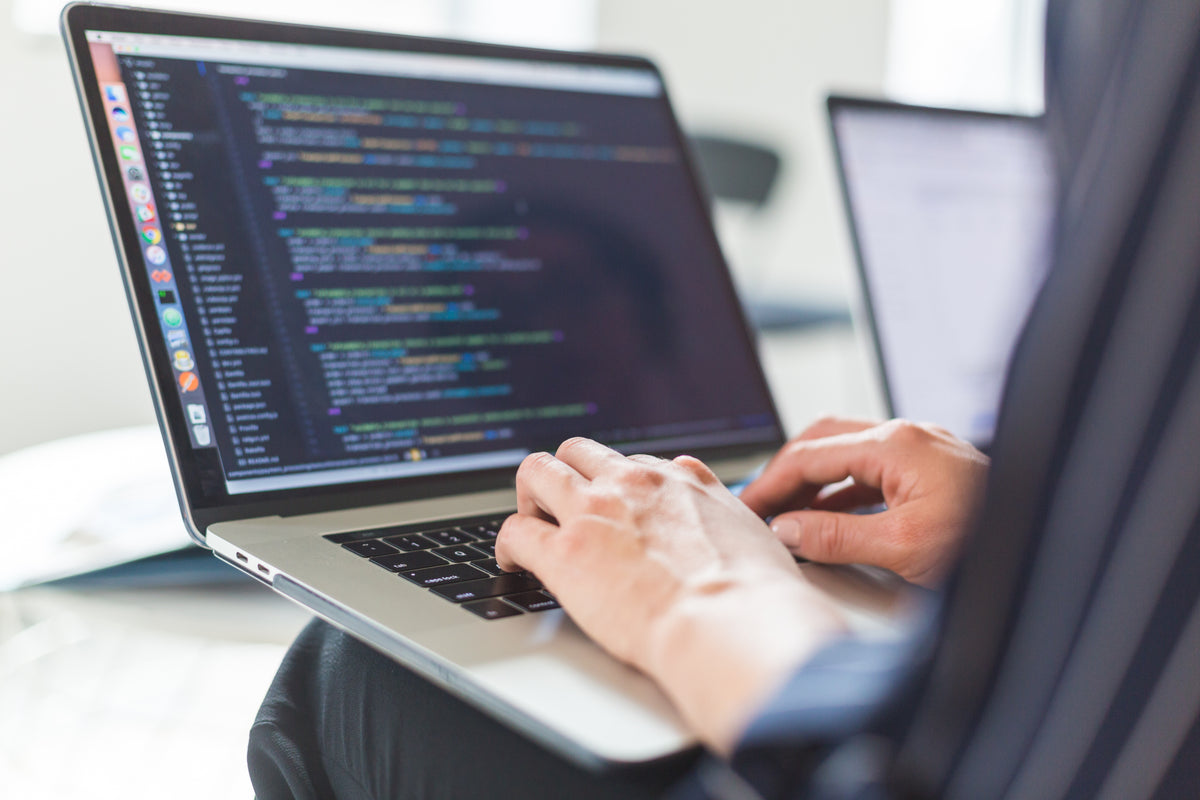Learning Programming in 2023
Earlier this year, I finished the equivalent of high school in my country (Brazil). Admittedly, I felt lost. "Where I will go" and "What I will do" were the types of questions that stormed my head through days, which turned into weeks and then months. Not that I had never asked myself such a question before; rather, it's just that I had never really answered it.
The mental pressure to conform to a new life, a life that requires a level of autonomy that I had never experienced before, coupled with a heavy dosage of self-criticism, was exhausting and nearly led to depression. In spite of this, I now realize how fortunate I was to have had this time in my life, as many people in my nation and over the world lack it. Many drop out of school to work on the streets as early as 10 years old because their family will starve if they don't. Many others graduate in fields they detest because they never saw or were never given another option (by themselves, their families, or society at large).
I'm poor and live in a country with some of the worst quality of life indexes in the world, and yet I always have food on the plate, a roof over my head, and much-appreciated love thanks to the colossal efforts of my parents. Despite the fact that the pandemic lockdown significantly impacted the majority of my high school years (they began in 2020), I attended one of the best public education institutions in the nation, IFMG, and made there some of the smartest, and most supportive friends and collegues I know. The key takeaway here is that we must not squander the opportunities that are given to us and toss aside all the help we've received this far. Most of the time, we have the "cheese and the knife" in our hands, as the saying in my country goes, we just need attitude.
In trying to answer my questions, one of the ideas that sprouted in my head was to learn programming on the internet. Computers have been part of my life since I was a little kid, and most of my days have been in constant contact with them—more than what some might consider healthy even—so it made sense to try if I could turn that into my career. The availability of several free resources was also a major incentive, since I do not have the means to invest carelessly in a degree.
I already had some prior experience with programming. Back in 2020, I had an informatics class that briefly presented to us programming in C (very basic stuff made in Code::Blocks, but I felt something positive about it). After I graduated, I bought some Udemy courses with the money I managed to save until that moment (each costing no more than 6 dollars by today's currency exchange rates), and some of them were related to programming. I never used most of them (lesson here: don't let big flashy promotions cloud your judgment), but one, regarding programming logic, I tapped into with varying degrees of commitment throughout the year. Three months ago, I took it seriously and finished it.
I started learning C++ as my first official language at the beginning of this month, mostly with the goal of using it to learn computer science theory, because I enjoyed my previous studies and felt motivated to learn more. Thus far, I'm rather happy with my decision. Yes, it's difficult, demanding, and can be pretty stressful, but the most essential lesson I've learned from it—and one I hope you will too—is that, if you can do it, taking your time is perfectly acceptable. Try new things, get experience, decide what works for you, and then follow your gut. Who knows what the future holds for me—I could end up not working with programming, but no matter what happens, every tiny step and mistake shapes us into the better people we are meant to be.
The Stache is Out.


Comments
Post a Comment